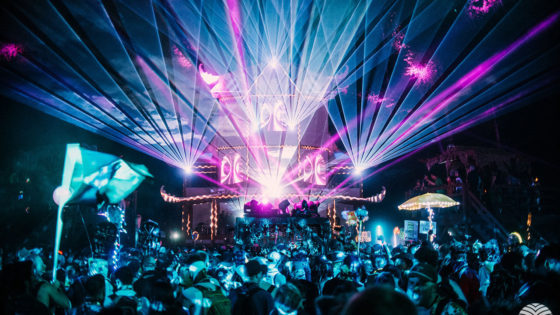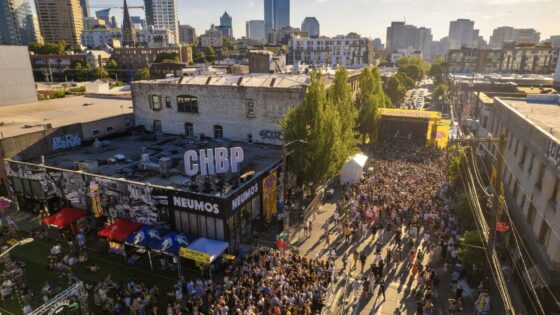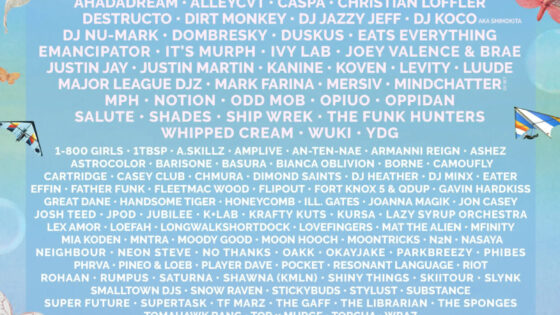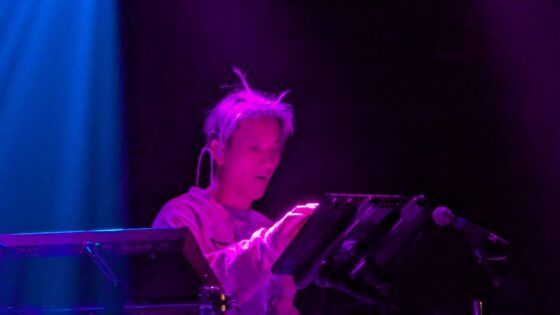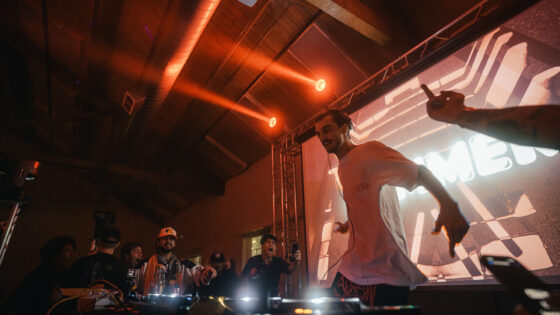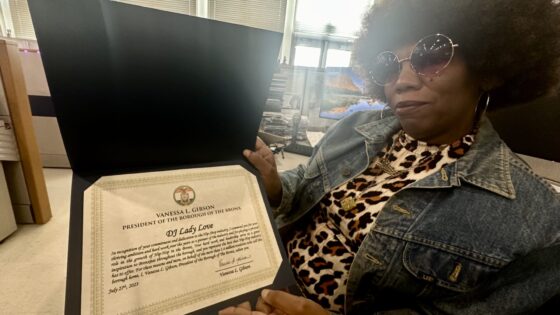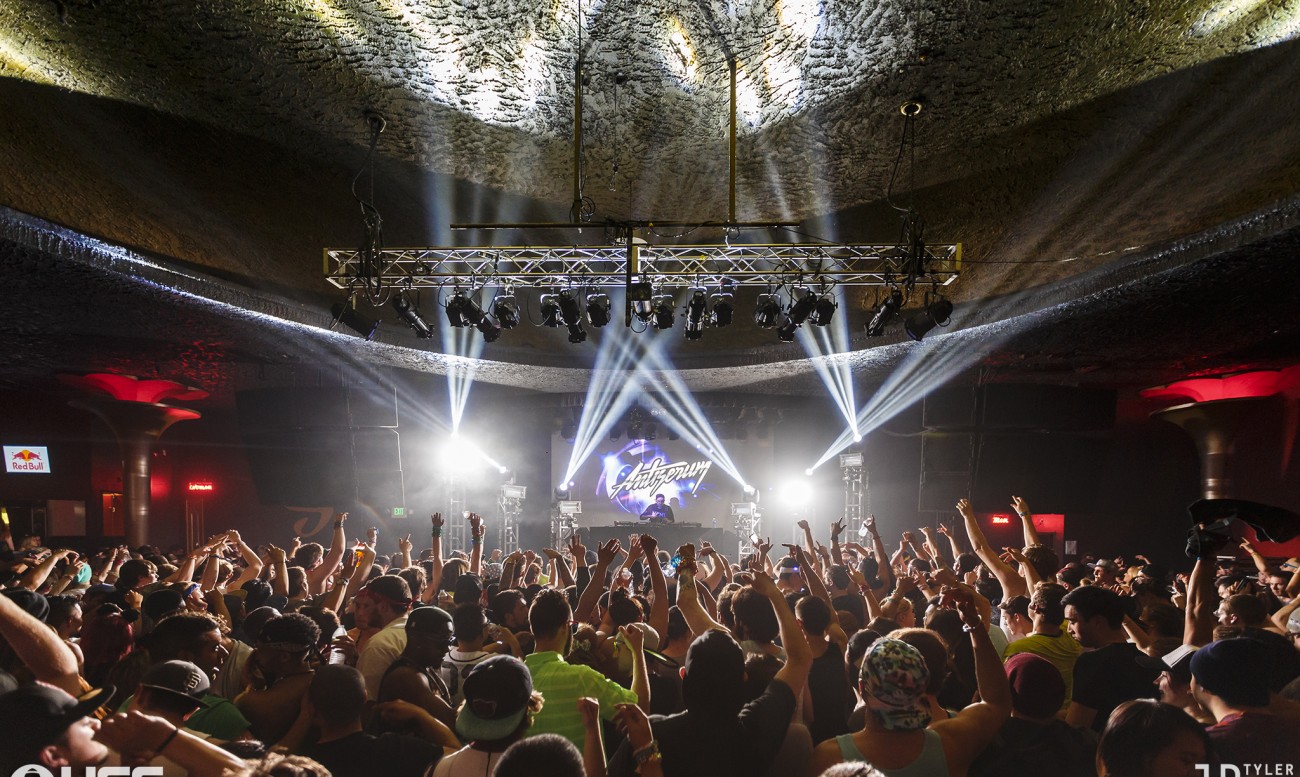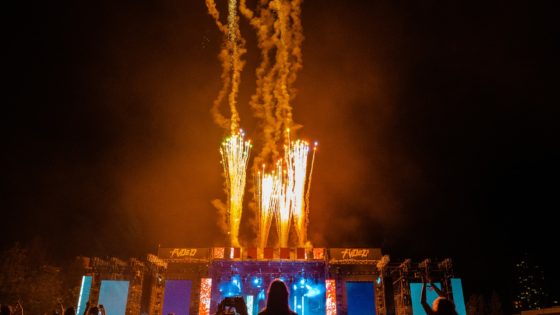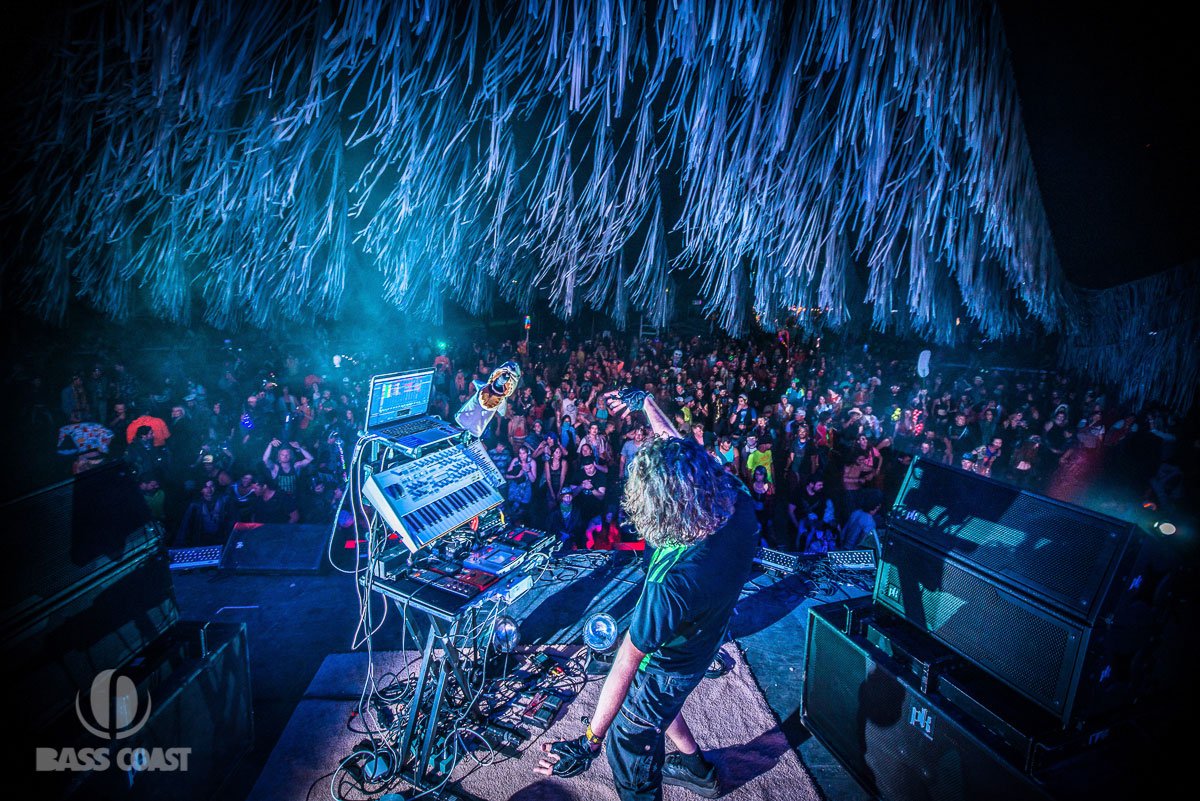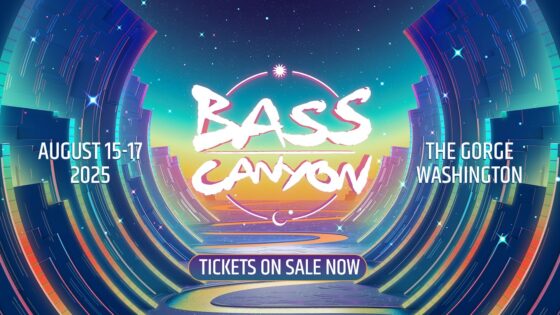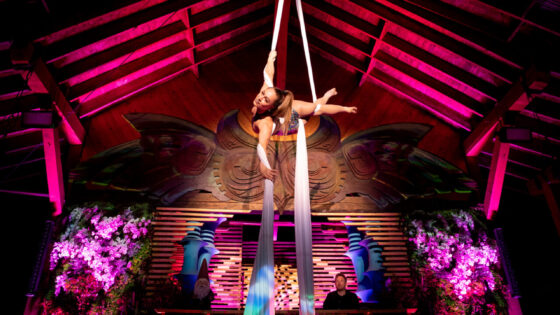As Congress reached common ground last Sunday to pass a crucial stimulus bill, independent music venues rejoiced.
After months of hard work, lobbying, and sluggish negotiations, Congress agreed upon a $900 billion stimulus package. Intended to provide relief to those hit hardest by the pandemic, it finally acknowledged the communal cries from our struggling entertainment industry. The first to shut their doors and most likely the last to reopen, many independent venues are facing their demise. Now, nearly 11 months into the COVID-19 pandemic, relief is finally on the way.
Within this long awaited relief package entered the addition of several resolute measures for the entertainment industry. The most notable victory: the passing of a $15 billion Save Our Stages Act. Once just a hopeful idea, recognition for the Save Our Stages Act goes to the heroic efforts of the National Independent Venue Association (NIVA), and of course, to every single artist and fan who helped bring it to Congress’s table.
Formed back in March, this grassroots movement originated in the minds of seven determined independent promoters. True leaders, that now represent over 3,000 independent music venues and outlets across the country.
Yes, the COVID relief bill DOES include #SaveOurStages Act! We truly cannot wait for it to be passed. pic.twitter.com/k1MCHddEpp
— NIVA | #SaveOurStages (@nivassoc) December 21, 2020
What does the Save Our Stages Act mean for the music industry?
Breaking down the provisions within the stimulus package begins with the headlining act, Save Our Stages. Once officially signed into law, the bill will reserve $15 billion in grants for independent music venues who can show at least a 25% loss in revenues. The plan allows venue operators, promotors, music managers and talent agencies to apply for non-repayable, two-part grants equal to 45% of gross revenue from 2019, with a cap of $10 million per entity. Now while awarded funds can be used for any necessary business expenses, (rent, payroll, insurance), there are some ground rules.
The exact wording of the act was written to exclude both corporate promoters and other “mic night” type venues. This particular measure is not meant to be cruel, rather to ensure that relief aid goes where it’s needed most.
In order for a venue to meet qualifications it must have the following: Mixing equipment, a public address system, a lighting rig, and sales of tickets or a cover charge. Basically, it needs to be a true entertainment venue, dedicated to the arts in some way. Qualifying venues also need to be staffed with paid employees, advertise and market to the public, and receive at least 70% of revenue from ticket sales or cover charges.
Topping off the qualifiers list comes a few eliminators, written in to overlook major live entertainment companies like Live Nation and AEG. Companies of their size and stature can find funding within capital markets, whereas smaller “mom and pop” venues cannot. Therefore, applying music venues must be independently owned, meaning they can’t be majority owned by a stock exchange listed company. Also, applicants may not own or operate venues, cinemas, talent agencies in more than 10 states, or employ more than 500 people on a full time basis.
How will the CASE Act protect artists?
Also receiving the green light was CASE Act, (Copyright Alternative in Small Claims Enforcement Act), and the Protecting Lawful Streaming Act. Each a consensus-driven intellectual property reform, greeted with applause from the music industry. Surprisingly enough, the CASE Act passing marks the end of a two decade long fight to give songwriters the copyright infringement protection they deserve.
In our new streaming age, music and art lies danger to theft online. Commonly referred to as a “streaming loophole” in which rogue companies are profiting off the work of others. Whether unknowingly or uncaringly done, it’s illegal to use copyrighted works without attaining the proper licensing first. As a creator, it takes a work to press a copyright claim, typically entailing expensive lawsuits, attorneys and tons of time and stress. Fearing the complexity of a federal court or insufficient funds, artists may tend to forgo the cause, losing their ability to lawfully protect their work.
The CASE Act intends to provide creators a tighter, more protective grip on their art. Now, a streamlined new system will serve as a realistic option. Standing to hear and rule on claims, (where the damages would be capped at $15,000 per claim and $30,000 total) is a new three-judge panel of experts. Named the Copyright Claims Board at the Copyright Office, this trio enables copyright disputes to be handled outside of federal litigation.
One last move: The Protecting Lawful Streaming Act
Last but certainly not least, is The Protecting Lawful Streaming Act. With its passing, Congress deemed the streaming of copyrighted work without proper licensing to be a felony. Before you start to panic over your hand-picked “Good Vibes” streaming playlist, you can pump the brakes. One major takeaway the Copyright Office clarifies is that the drafting of the bill excludes the criminal prosecution of individual users. That means it applies only to commercial, for-profit streaming piracy services, not you.
The true benefit of the Protecting Lawful Streaming Act is the addition of law enforcement tools to the Department of Justice. Up until now, digital services that unlawfully use copyrighted works were unable to be justly prosecuted. Now, the criminal penalty for illegal streaming is heightened to felony status, equal to that of illegal downloading and distribution.
The passing of this legislation marks positive change in the entertainment industry’s relationship with our legal system. Finally seeing necessary pieces of law not only be recognized, but approved will help drive our culture forward. With the benefits of avoiding copyright infringement so apparent, hopefully it’ll lead less users to stray. To learn more about both the CASE Act and The Protecting Lawful Streaming Act read here!
Do you have a hometown music venue that will benefit from the passing of this bill? Let us know at Facebook and Twitter!
Important things happen in Pacific Northwest nightlife, and DMNW will send you alerts!







